
13,925. 693, no platinum trophies. 5,906 XP – Level 29. These numbers are meaningless out of context. The fact is, they’re pretty much meaningless in context as well. Chances are, you already know what I’m talking about if you’re reading this, but for the few that don’t, the above numbers are gamer scores and achievement statistics. Specifically my personal gamer statistics. I had to look them up because I had absolutely no idea what they were and I didn’t really care. They are from Xbox Live, Playstation Network, and Steam respectively if you’re wondering. That’s the point, however. Why have people become obsessed with their personal statistics?
Gamerscores and stats started almost at the same time as gaming with the advent of the high score. The very first high score was in Sea Wolf, way back in 1976. Most games of the early gaming era featured scoring systems of one kind or another, whether it be the number of points scored in a Pong game or the points from the number of alien ships shot down in Galaga. High scores stuck around until the mid to late 80s, when the NES reigned supreme and longer, more complex games at home became the standard. Even then, many games still had score tabulation functions, whether they were the game scores in R.B.I. Baseball or a run n’ gun like Contra by Konami. In other words, high scores have always been kicking around, but as gaming advanced, high scores slowly disappeared and became less meaningful, excluding a handful of genres like SHMUPS (SHoot eM UPS such as R-Type, Gradius, and Raiden for those who aren’t familiar with the term). 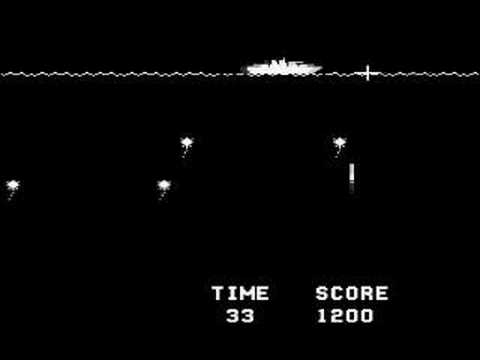
But then, something odd happened in 2005. Microsoft introduced achievements on the Xbox 360. All of the sudden, every time you completed a specific set task in a game, you got a digital attaboy. A little notification would pop up on screen and tell you you’d completed a task that you didn’t even know you were working towards and it added to what Microsoft calls your “gamerscore”. Suddenly people were trying to have the best gamerscore, competing with their friends, doing things they’d never bother to do in a game before and spending lots of extra time in a game to do it. Companies noticed this. Nearly every game had achievements in short order. In 2007, Valve added their version of gamerscores, badges, to Steam. The next year, Sony added Trophies to the PlayStation Network as well. Suddenly, everyone had a scoring system to track how much better (or worse) you were than everyone else you knew. People bought into it. Companies offered rewards for the highest gamerscore and Microsoft even gave away a lifetime membership to Xbox Live Gold in 2013 to the player with the highest gamerscore. The entire concept had entered the collective consciousness of gamers and they have accepted it as a standard.
Should we be paying attention to our gamerscore and our trophy list, however? Perhaps we should not. In 2006, Gears of War was released for the Xbox 360. It was one of the first games I played that had achievements. I’d seen the achievement notifications pop up before, but I generally just tolerated them. As I played Gears of War, I reached the end of a section and defeated the Berserker the first time, earning the trophy “My Love For You Is Like A Truck”, a reference to a fairly obscure song called Berserker by a band called Love Among Freaks. Unfortunately, the trophy notification popped up prominently onscreen in the middle of a cinema sequence, blocking me from seeing the cinema fully and destroying my immersion in the game instantly. On top of that, I couldn’t go back and see the cinema again without replaying that entire section of the game. From that moment on, I was dead set against gamerscore in all its iterations.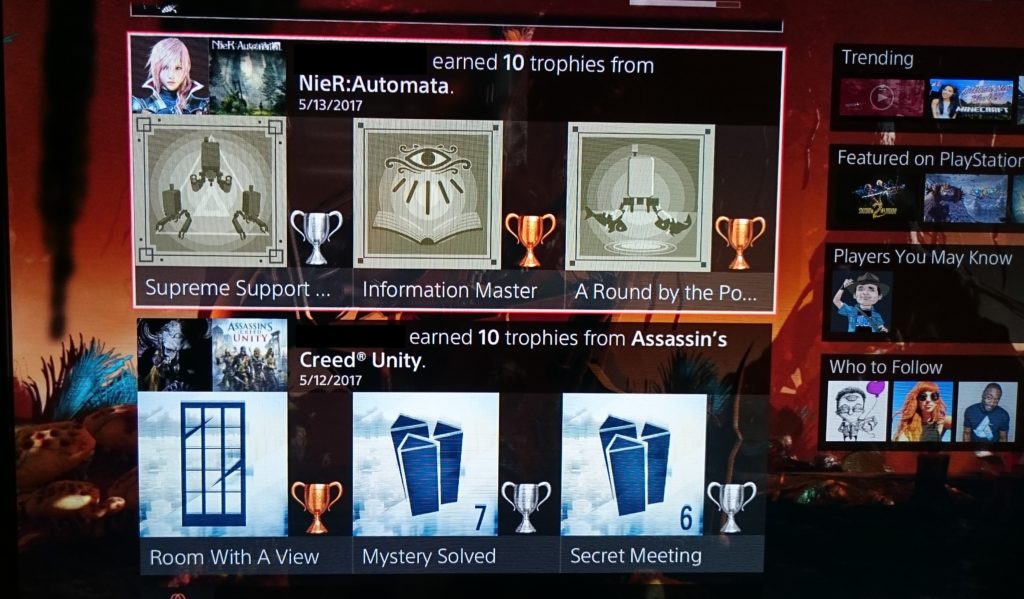
In case you didn’t know, you can actually turn off achievement notifications on both Microsoft and Sony consoles. On the Xbox One, it’s under Settings, All Settings, Preferences, Notifications. For the PS4, the option is under Settings, Notifications. I did this as soon as the option became available on each network (as far as I know, it still isn’t available on Steam unfortunately) and I never looked back. As a gamer for over 30 years, I ask you to consider it this way. Games are designed to have fun. They’re a form of escapist entertainment. We generally play games to try and either finish them or get a high score. But with achievements, we play through tedious grinding activities just to get an ephemeral payout of gamerscore so we can brag to friends and strangers. That’s not only weird, it borders on pointless. Take Uncharted 4: A Thief’s End for example. I played Uncharted 4 right after it came out. I blew through the game in my spare time (about a week). The pacing is fantastic, the story moves just the right amount at a go, none of the gameplay holds you up too badly, but you still feel challenged. It’s one of the most well-crafted games I’ve played in years in terms of pacing and structure. I finished the game, had a blast, and came away fully satisfied with my experience. I can’t speak highly enough of the game (keeping in mind that to enjoy it fully you must play the entire series in order). Now, take a look at my personal trophies on the PS4 for Uncharted 4.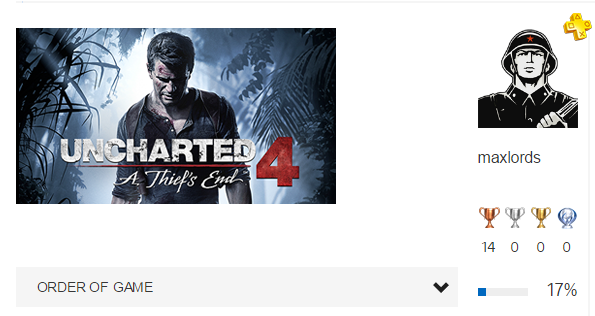
That’s right. I got a measly 14 bronze trophies playing through a game that I raved about as one of the best games I’ve ever had the pleasure of playing. A game that I just stated I was ‘fully satisfied’ with. There are sixty-eight trophies in this game. Sixty-eight! Essentially, I didn’t ‘play the game’ according to the current thinking in gaming. How could I possibly call myself a gamer? Obviously, I don’t take gaming seriously enough, right? Wrong. Gaming is for fun, and I had fun playing Uncharted 4. A lot of fun actually. I don’t want to waste my limited free time finding 109 treasures that have no bearing on the story in my well-paced story-based game. I am not interested in spending hours hanging from ropes to get the trophy for making 20 headshots while hanging from a rope. And I certainly don’t want to buy an apple just to let the lemur steal it in chapter 11. Because that’s not fun. It’s tedious make-work in a game I’m playing for entertainment. And achievements, trophies, and badges get much more ridiculous than that, up to and including repeating a specific activity or action thousands of times just to get that pop-up payoff. Let’s call it what it really is, a Pavlovian response pattern that reinforces obsessive-compulsive tendencies in a mostly antisocial social sub-group. In short, they are a prize with no value.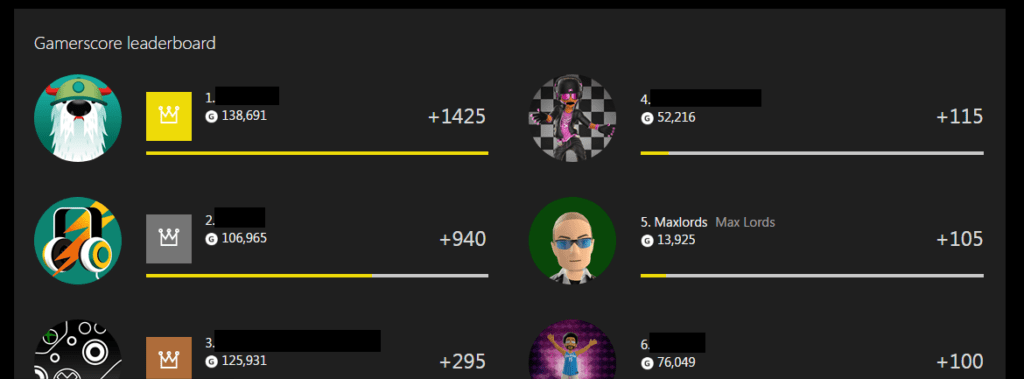
And yet there is a large and vocal demographic online that openly mocks anyone who dismisses the value of achievements. Gamers often minimize the impact of these psychological tools, resorting to simplistic responses such as ‘if you don’t like them, just ignore them’, or ‘only people that suck at gaming hate trophies’. Who is missing the point here? Obviously, games are designed for both types of gamers now, the trophy hunters and the purists. There’s no arguing that. But are game designers themselves compromising their vision to provide a game that appeals to a wider audience due to the frothing demand for achievements? It seems like they are. Adding online content, online trophies, and various other extras to games that don’t really need them seem like pandering. Some games force you to go online to get some of the achievements, necessitating play against others as well as paying for premium network access in the form of Xbox Live or Playstation Plus. And gamers are falling for it. In a recent discussion with a colleague, he informed me that he was replaying a game after finishing it so that he could “platinum” it because he loved the game so much. When I asked him about the achievements though, he related that many of them were tedious and difficult to achieve. After this discussion, I asked him about his game backlog and he admitted that he has games that he hasn’t even opened yet. In other words, achievements are artificially inflating the average gameplay and dissuading gamers from moving on to the next title, regardless of the next game’s quality, even after they’ve finished a game and have stopped enjoying it.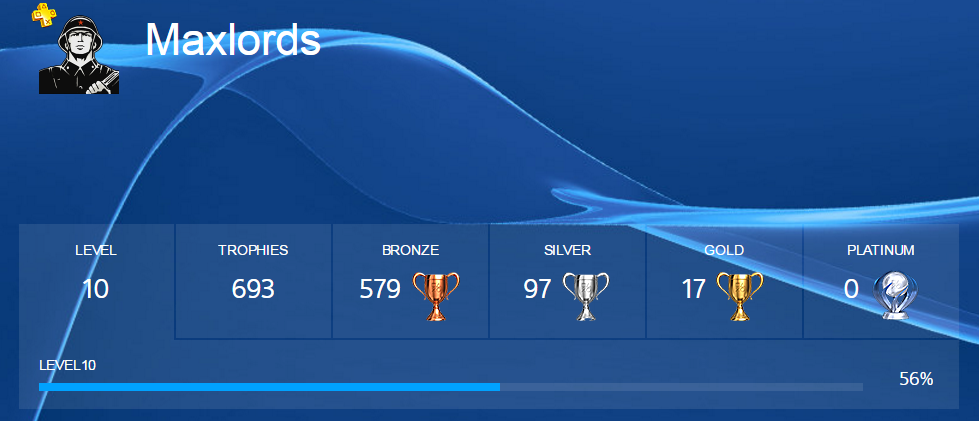
It seems to me like this is an issue that gamers should actually take seriously. Not because it matters whether you play for score, but because game developers take it seriously and they design games based on the trends of the market and the input they receive online. The best games, the ones that everyone raves about for years or even decades, are the ones that provide an uncompromised creative vision. These games are at the top of everyone’s list for a reason. They were designed to enjoy, not to appeal to every single person, and that makes them rise above. Too few of those games exist these days, and fewer are released every year. Maybe if we focus a little less on finding every flag or using every weapon for a thousand headshots or revealing every single tenth of a percentage point of every single map and a little more on just immersing ourselves in the fun a game can provide, we’ll all get a bit more enjoyment out of gaming. Try turning off your notifications for a game or two and see if you have more fun. If you don’t know you’re missing out…maybe you aren’t.
Source 1 Source 2 Source 3 Source 4

